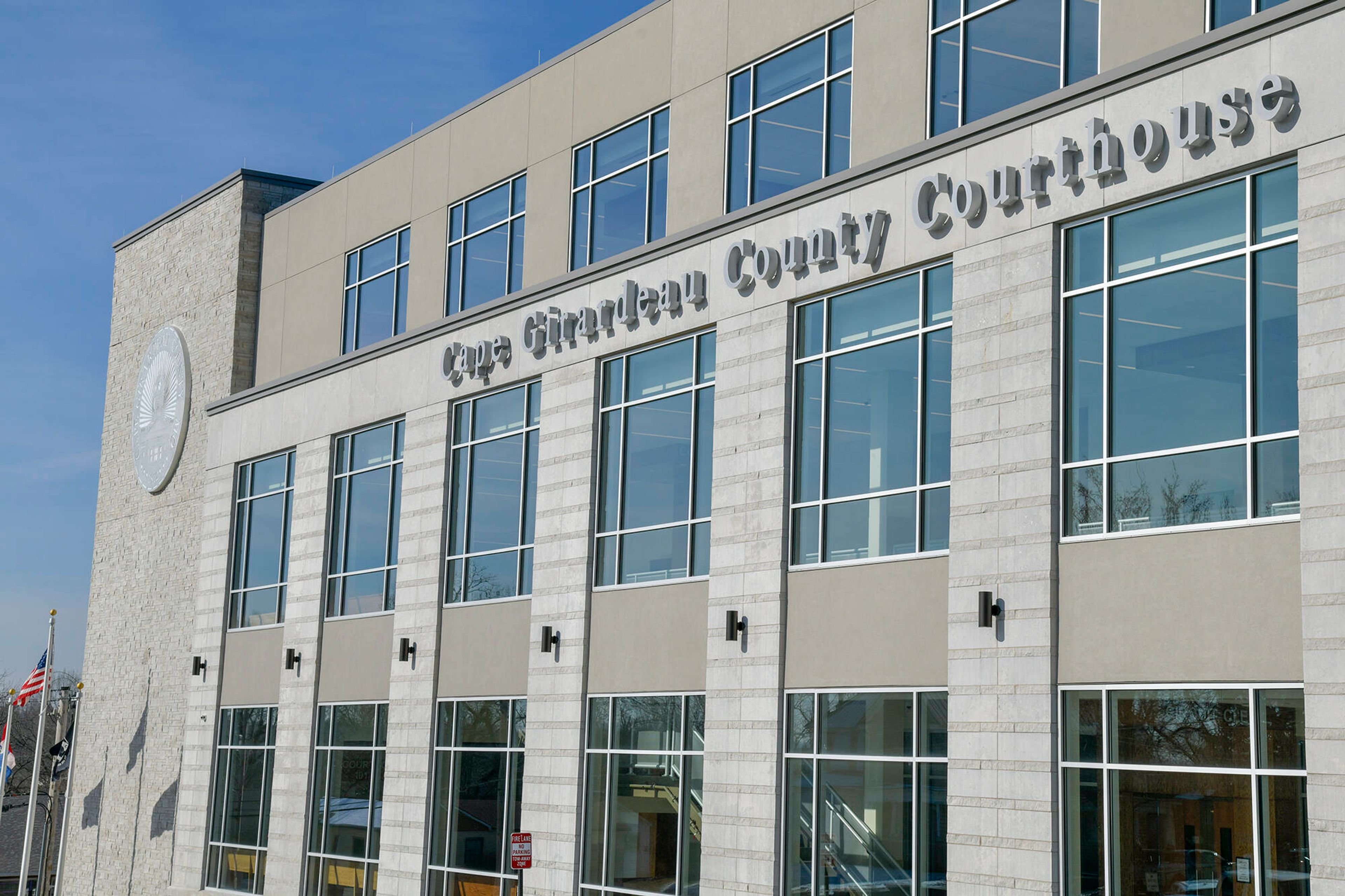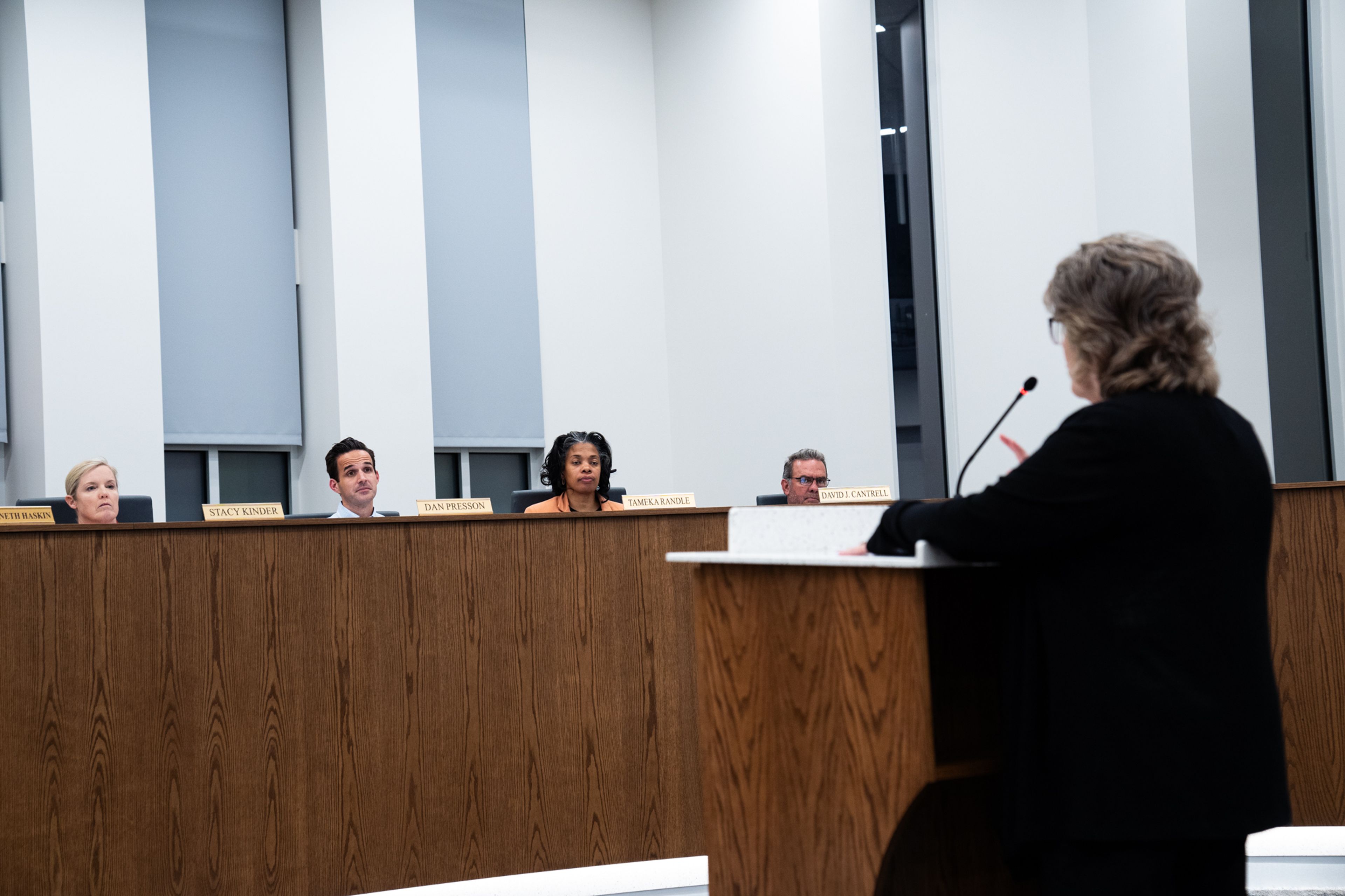Missouri House bill would lower interest on payday loans
Payday loans serve a purpose for those in a pinch. They help pay for car repairs, utility bills, even rent. But they come at a price, with an average annual interest rate in Missouri of 444 percent last year, according to the Missouri Division of Finance...
Payday loans serve a purpose for those in a pinch. They help pay for car repairs, utility bills, even rent.
But they come at a price, with an average annual interest rate in Missouri of 444 percent last year, according to the Missouri Division of Finance.
Missouri payday lenders may charge interest and fees equal to 75 percent of the initial loan amount. A $100 loan may cost a borrower $75.
Legislation sponsored by Rep. Ellen Brandom, R-Sikeston, would impose new regulations on payday loan companies. The legislation, she said, is aimed at providing more protection for borrowers without putting payday lenders out of business.
Missouri's has more than 1,000 licensed payday lenders. The businesses made more than 2.43 million loans last year, the Division of Finance reported. The average loan was $307.
"People who use them are generally people who can't get credit," Brandom said. "Banks don't do small loans. If you need $200, you're not going to walk into a bank and get that."
Missouri law limits payday loans to $500 and two weeks. Borrowers may renew loans six times as long as they pay at least 5 percent of the original principal. Current Missouri law allows annual interest rates of 1,980 percent.
Brandom's bill would reduce interest and fees to 60 percent of the loan and limit borrowers to three renewals.
Cape Girardeau County has more than 20 licensed payday lenders.
"There's a reason why there are so many of them in town. They fill a niche, but we've yet to find someone who gets their first payday loan and pays it off," said John McGowan, director of community impact for the United Way of Southeast Missouri.
Through its Financial Stability Partnership, the United Way works with local banks, financial advisers and not-for-profit counseling organizations to provide financial literacy training to those in need.
"People are getting these loans to pay for their basic living needs like utilities and rent. There are just no public assistance dollars left right now," McGowan said. "Primarily they're already in debt, and this is one of the ways they're getting further and further in debt."
Rep. Mary Still, D-Columbia, also sponsored a bill this session that would cap annual payday loan interest rates at 36 percent, but the measure did not pass out of committee.
According to Brandom, Still's bill sets interest limits too low for payday loan businesses to afford to keep operating.
"If we don't have payday loans, then the only choice they have is to go to a loan shark," Brandom said. Her bill was written after a bipartisan committee appointed by House Speaker Steven Tilly, R-Perryville, held several hearings on payday loan reform last year.
"There is great concern about doing something to help protect the consumer, but at the same time we did not want to put them out of business," Brandom said.
Her bill, HB 656, passed out of committee, and she expects it to come before the full House in the coming weeks.
Other provisions include:
* Requiring lenders to post in the lobby the fee charged per $100 loaned in addition to the maximum annual percentage rate.
* Increasing the amount borrowers must pay to renew a loan from 5 percent to $25.
* Creating an extended payment plan allowing borrowers 60 days without additional interest to repay loans in four equal installments.
* Prohibiting lenders from making a loan to a borrower who has just paid off a loan until the next business day.
* Prohibiting lenders from threatening or bringing criminal proceedings against a borrower if the borrower's check bounces.
* Requiring lenders to comply with the federal Fair Debt Collection Practices Act.
In 2010, the Department of Finance investigated 81 complaints alleging regulation violations by payday lenders. Most common complaints involved companies charging excessive fees or depositing borrower's personal checks before their 14-day loan period had expired, said Travis Ford, spokesman for the Department of Finance.
Missouri's payday loan industry is considerably larger than its neighboring states, according to a Department of Finance report. Kansas has 362 payday loan businesses, Iowa, 231; Kentucky, 651, Nebraska, 180; Oklahoma, 361, and Illinois, 500. Tennessee is the only contiguous state with more payday loan businesses than Missouri. Tennessee has 1,231. However, none of those states allow borrowers to renew their loans.
Payday lenders in Cape Girardeau contacted by the Southeast Missourian declined to comment on the proposed legislation.
mmiller@semissourian.com
388-3646
Connect with the Southeast Missourian Newsroom:
For corrections to this story or other insights for the editor, click here. To submit a letter to the editor, click here. To learn about the Southeast Missourian’s AI Policy, click here.









